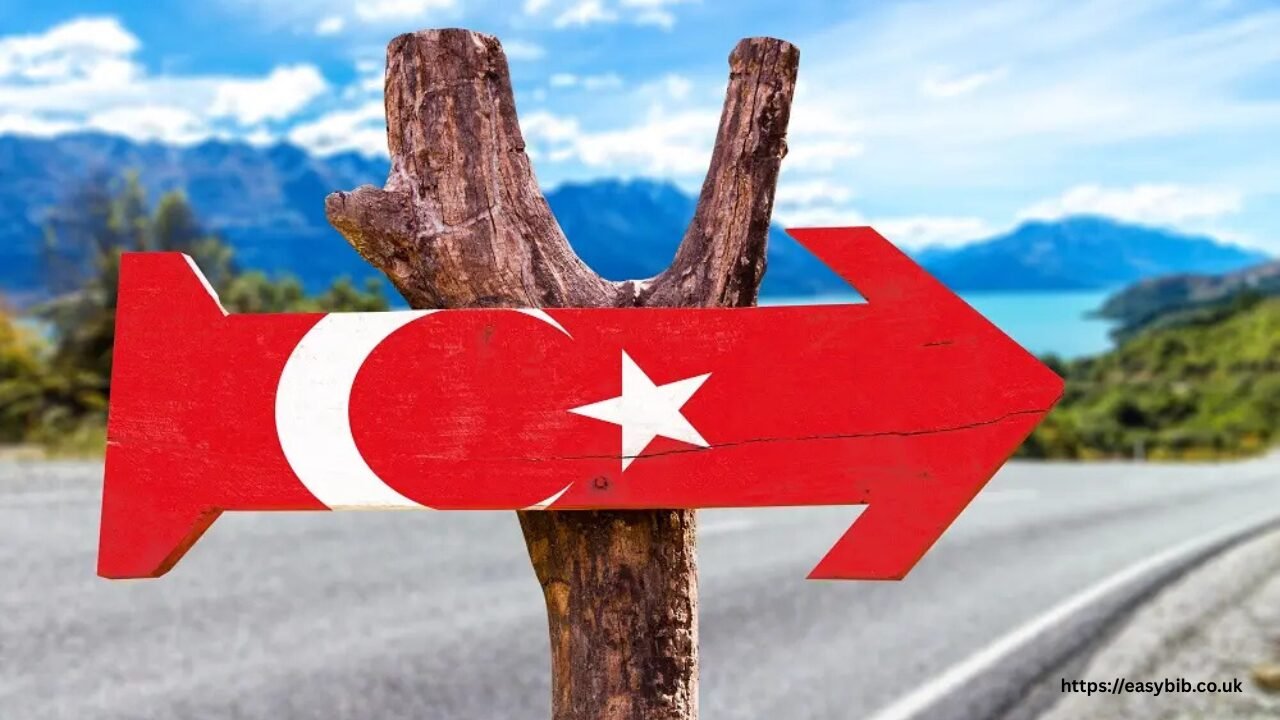Traveling to Turkey for Work? Read This First

Before joining the Turkish workforce, it’s helpful to gain a sense of the work culture. Turkish workplaces tend to strike a balance between modern business practices and traditional values. Respect and hierarchy are significant. Titles and seniority play a key role, particularly in official circles.
Business attire tends to lean toward the conservative end of the spectrum. A polished appearance makes a strong impression. Punctuality is appreciated, but flexibility in timing is sometimes the norm. Meetings can start later than planned, but arriving on time shows professionalism and dedication. This article will shed light on some key aspects of Turkey that you should be aware of before visiting!
Getting a Work Visa
If you are coming to Turkey for employment, you will need to provide proper documentation. A work visa is not something that can be arranged at the last minute. It must be initiated before arriving in the country, and the process involves both the employer and the applicant.
The hiring company in Turkey must first apply to the Ministry of Labour and Employment. Then, the applicant submits the necessary documents to the Turkish consulate in their home country. Once approved, the work permit also functions as a residence permit. It’s wise to keep digital and physical copies of all paperwork for easy access during official processes.
Where to Stay While Working in Turkey
Accommodation options in Turkey are diverse and widely available. Major cities like Istanbul, Ankara, and İzmir have numerous options, ranging from modern apartments to serviced residences. Rent varies by location, size, and proximity to transportation. For long-term stays, consider areas near your workplace to minimise daily traffic. Istanbul’s traffic can be especially challenging.
Several apps are available to help you search for rental listings. For easy access to various types of accommodations, using a Turkey data eSIM is a convenient choice. It avoids the hassle of physical SIM cards and offers flexibility with data plans. It’s beneficial for those needing instant internet access upon arrival for finding accommodation.
Transportation Within the Country
Getting around Turkey is relatively easy. In cities, public transportation systems are well-developed. Istanbul, for example, offers a range of transportation options, including buses, ferries, metros, and trams. Reloadable cards, such as Istanbulkart, are used across various transportation methods.
For intercity travel, buses are a reliable and comfortable mode of transportation. Domestic flights are affordable and connect all major cities. Renting a car is an option, though city driving can be chaotic. Taxis are available, but it’s better to confirm the fare or ensure the meter is on.
Work Etiquette and Communication
In Turkish workplaces, relationships matter. Building trust can take time, and personal interaction is valued. Direct communication is appreciated, but it’s best delivered in a respectful manner. Small talk before meetings is a common practice that helps build rapport.
Using formal titles until invited to do otherwise shows courtesy. A firm handshake is the usual greeting, while steady eye contact conveys both confidence and mutual respect. Gift-giving isn’t required in a work setting, but it is a nice gesture during holidays or celebrations.
Handling Money and Banking Needs
Setting up a bank account in Turkey is straightforward once you have the required documents ready. Most banks offer English-speaking services in major cities. Having a local account simplifies payments, salary deposits, and utility bills.
Credit cards are widely accepted, but cash remains the preferred payment method in small shops and rural areas. Currency exchange rates can vary, so it’s best to compare options or use a trusted exchange service. Mobile banking apps are helpful and user-friendly.
Healthcare Access
Public healthcare is available, but many foreign workers prefer private hospitals for shorter wait times and English-speaking staff.
Routine check-ups and prescriptions are affordable. Pharmacies, called “eczane,” are easily accessible and often offer helpful advice. For emergencies, dialling 112 connects to medical assistance. Carrying a copy of documents is helpful during hospital visits.
Digital Solutions for Travelling Professionals
Working remotely or frequently relocating within the country comes with specific tech needs. A turkey data eSIM offers a practical solution for seamless mobile connectivity. It supports uninterrupted communication and efficient navigation when exploring unfamiliar cities.
Digital tools, such as cloud storage, video conferencing apps, and shared calendars, help manage tasks and meetings effectively. Time zones may vary slightly across regions, so scheduling tools are a helpful asset when coordinating with international teams.
READ MORE
Security and Local Regulations
Turkey is generally safe for professionals, especially in well-populated areas. As in any country, staying alert to your surroundings and avoiding unsafe regions is crucial. Police presence is visible in tourist and business zones.
Understanding local regulations, including labour laws, is essential. Work hours typically run Monday to Friday, and the standard workweek is 45 hours. Overworking without compensation can occur, so discussing expectations clearly with employers is crucial.
Preparation goes a long way when relocating for work. Knowing what to expect from the culture, work environment, and everyday life can ease the transition. Every city in Turkey has its charm and pace, offering something unique for professionals. From securing housing to setting up communications, having a Turkey data eSIM can make a big difference. With thoughtful preparation, building a career in Turkey can turn into a seamless and fulfilling journey.
